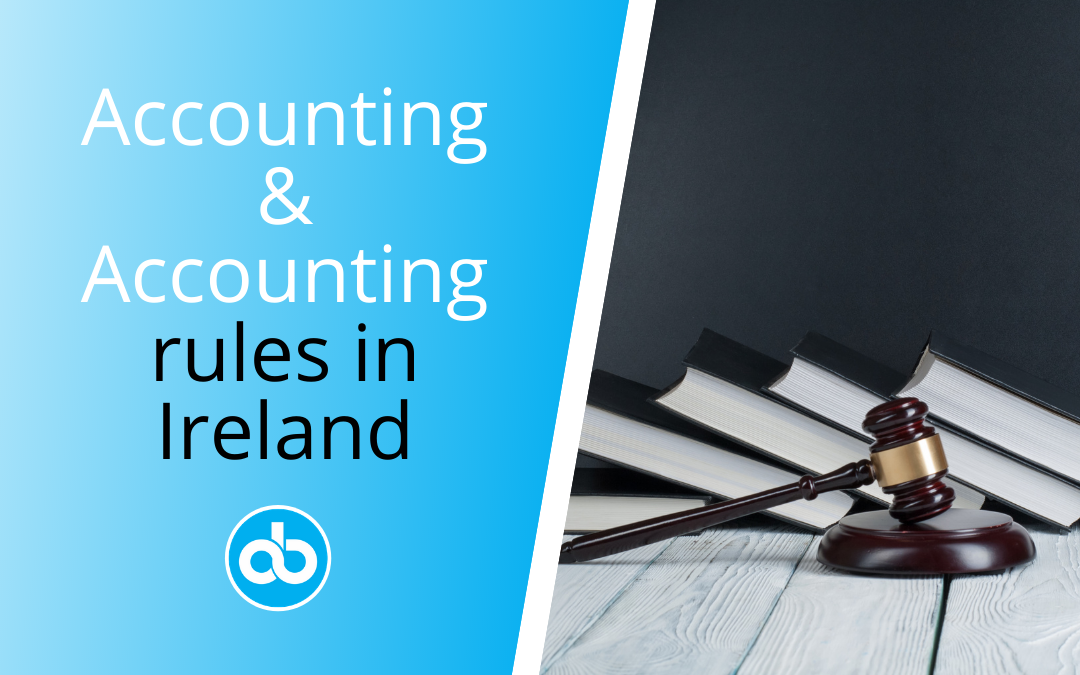
- Companies Act financial statements: This is prepared in pursuant with the accounting and disclosure requirements of company law and, principally but not exclusively*, with the Financial Reporting Standards (FRSs) published by the Financial Reporting Council (FRC) in the UK (‘Irish and the UK GAAP’); or
- IFRS financial statements: This is prepared in accordance with the International Financial Reporting Standards published by the International Accounting Standards Board (IASB), as adopted by the European Union.
Under Irish company law, there are certain entities that are permitted to prepare their Companies Act financial statements under a financial reporting framework based on accounting standards other than those issued by the FRC. Specifically, and subject to certain conditions:
- In accordance with section 279 of the Companies Act 2014, pertinent holding companies are permitted to prepare ‘Companies Act entity financial statements’ and/or ‘Companies Act group financial statements’ in agreement with US GAAP, as modified to ensure consistency with the Irish company law.
- Investment companies subject to Part 24 of the Companies Act 2014 or the European Communities (Undertakings for Collective Investment in Transferable Securities) Regulations 2011 may adopt an alternative body of accounting standards, which are applied in the United States of America, Canada, or Japan, in preparing “Companies Act entity or group financial statements” or “Companies Act entity financial statements,” respectively
Accounting Regulation Bodies | Accounting rules in Ireland
Its permitted clause (Section 8 of the Act), functions (Section 9 of the Act), and powers (Section 10 of the Act), the Authority’s principal goals are:
- To support and boost public confidence in the accountancy profession through effective, independent supervision and, where appropriate, statutory Enquiry and Investigation;
- To embrace and enhance public confidence in financial reporting through the exercise of efficient, independent supervision and proper enforcement action.
- To reinforce and enhance public belief in the accountancy profession and in financial reporting through the promotion of adherence to high professional standards and the provision of high-quality advice to the Minister; and
- To provide a consistently high standard of service to all stakeholders.
TAX YEAR
The first financial year of a company is the period beginning with the date of its incorporation and ending on a date no more than 18 months after that date. The next following financial year continues for 12 months by default, plus or minus seven days as the directors may determine.
Publication Requirements
Irish law states that all companies need to prepare an annual audited financial statement which complies with IFRS Standards, with an audit which exempted for dormant companies, companies limited by guarantee, unlimited companies, and companies which have specific size criteria. The audited financial statements must be approved within nine months of the company’s year-end. The companies need not necessarily use the calendar year. Once approved, financial statements of companies with limited liability status must be filed with the Companies Office, where they are available to the public. Companies that have unlimited status are not required to file their accounts in some circumstances.
Certification and Auditing
In Ireland, the Irish Auditing and Accounting Supervisory Authority (IAASA) is the regulatory body that oversees statutory auditors and audit firms. The approval and registration of accountants is entrusted to the Recognised Accountancy Bodies (RABs) under IAASA’s supervision.
